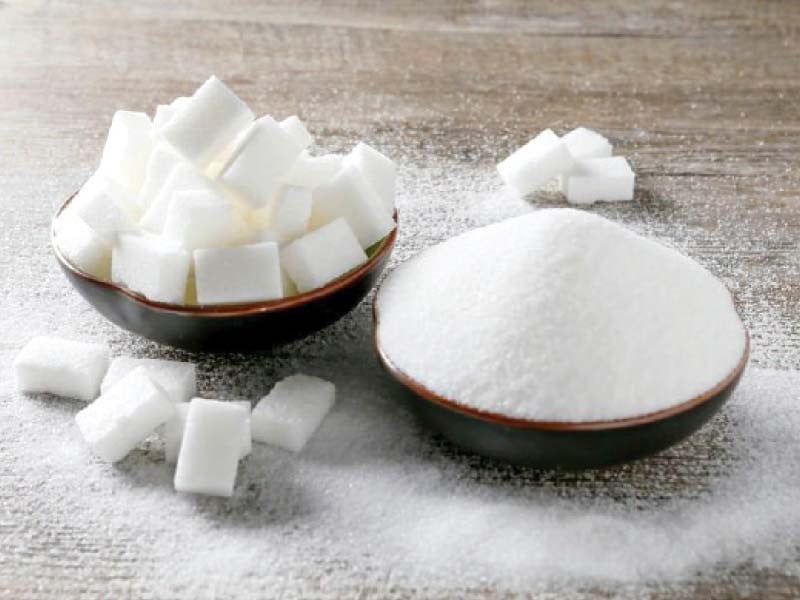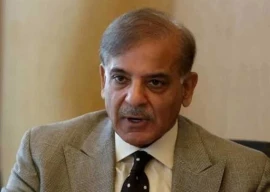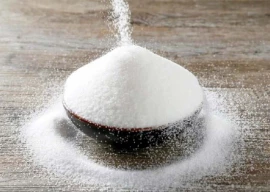
The federal government has imported the ‘most expensive’ sugar in the history of the country for Utility Stores.
A consignment of 28,760 metric tons of sugar imported by the Trading Corporation of Pakistan (TCP) has reached the country. The TCP paid Rs109.90 per kg for the imported sugar at the port. In comparison, last year the land cost of 100,000 tons of sugar was Rs89.26 per kg.
Adding all the expenses, the Utility Stores would receive sugar at around Rs123 per kg.
The government has fixed the ex-mill rate of sugar produced in the country at Rs84.75 per kg.
Therefore, the imported sugar would be Rs25.15 per kg more expensive than the official ex-mill rate.
The Utility Stores would receive sugar at a higher cost of Rs33.25 per kg than the official rate.
According to the government’s decision, the imported sugar would be sold at Rs85 per kg at Utility Stores and the difference between the purchase price and sale would be met through subsidy.
On Monday, the TCP had also issued an international tender to purchase and import 640,000 tons of wheat. The deadline for submission of price offers in the tender is September 29.
READ Govt efforts to bring down sugar prices bite the dust
The Economic Coordination Committee (ECC) of the cabinet had recently approved the import of 50,000 metric tons of sugar to maintain sufficient stock in the country.
The committee had given the nod to import sugar in three segregated tenders of 50,000 metric tons each so that there was more participation and increased competition when international prices fell down, read a press release issued by the finance ministry.
Addressing a recent news conference, Finance Minister Shaukat Tarin had said wheat was being released at the rate of Rs1950 per 40kg whereas the price of sugar had been notified at Rs89.75 per kg.
The minister further stated that efforts were also under way to reduce the profit margins of the middlemen.
"We are trying to revive price control committees which will benefit the common man. Strategic reserves of essential commodities are also being built to ensure price stability and prevent profiteering and hoarding.”
He maintained that food inflation in the country slowed down during the previous months as urban and rural food inflation in July was 15% and 17% respectively, which was decreased to 9.1% and 10% respectively.
"Prices of consumer goods have risen all over the world. Pakistan is not a unique country. Food and beverage prices have increased less in Pakistan as compared to the rest of the world," Tarin added.
Last month, the ECC had held threadbare discussion on the import of sugar after they were informed that the current sugar reserves stood at 1.18 million metric tons, which will be exhausted by end-October 2021.

1725523665-0/Minecraft-Movie-(1)1725523665-0-405x300.webp)



1732086766-0/BeFunky-collage-(74)1732086766-0-165x106.webp)
1724268870-0/Supreme-Court-of-Pakistan-(2)1724268870-0-270x192.webp)



1732085810-0/Copy-of-Untitled-(51)1732085810-0-270x192.webp)
1732084955-0/Untitled-design-(64)1732084955-0-270x192.webp)









COMMENTS (1)
Comments are moderated and generally will be posted if they are on-topic and not abusive.
For more information, please see our Comments FAQ